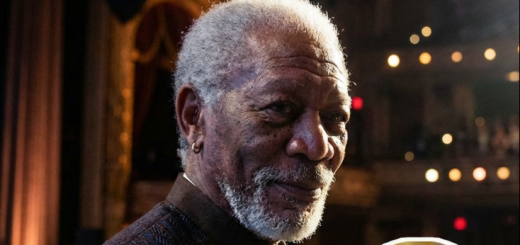When Adult Children Push Too Hard: A Modern Parenting Dilemma
Raising children is one of life’s greatest responsibilities—and just because they turn 18 doesn’t mean the parenting journey ends.
In fact, many parents find that the challenges of raising young adults can be just as complex, especially when the lines between support and enabling start to blur.
Take, for example, the story of a single mother and her 21-year-old son. He still lived at home, attended community college part-time, and held a sporadic job.
Lately, he’d become increasingly vocal about wanting a car—insisting that his lack of transportation was holding him back. But then came the ultimatum: buy me a car, or I’ll move in with Dad. The father, who had long been distant, now suddenly seemed like leverage.
This put the mother in an incredibly tough spot—emotionally and financially. She wanted to support her son’s growth and independence.
But the demand felt manipulative, even entitled. Was this really about a car, or was it a deeper issue of boundaries and respect?
Drawing the Line With Love
In situations like this, experts agree on a few key strategies:
✅ Set Clear Boundaries
Support is important—but adult children must understand that financial help, especially big-ticket items like a car, is not a guarantee. A clear conversation about what is and isn’t possible can help realign expectations with reality.
✅ Promote Accountability
Instead of flat-out refusal, offer a middle path. For example, the mother could agree to match whatever her son is able to save toward a car. This shifts the focus from entitlement to effort—and empowers him to take ownership of his goals.
✅ Stay Emotionally Present, Not Financially Pressured
Young adults still need their parents, but often in emotional—not material—ways. Being a sounding board, offering guidance, and showing belief in their ability to problem-solve is far more valuable than simply handing over a solution.
✅ Consider Counseling if Needed
When communication breaks down, family counseling or third-party mediation can help rebuild trust and foster healthier dynamics. A neutral voice can make all the difference.
Redefining the Parent Role After 18
Parenting doesn’t stop when a child becomes an adult—it just evolves. You become less of a fixer, and more of a guide.
And sometimes, the most loving thing you can do is say “no”—with compassion and consistency.
Supporting independence means allowing young adults to rise to the challenge, not shielding them from it.
Because ultimately, respect and responsibility go hand in hand—and healthy boundaries help both parent and child grow.




























